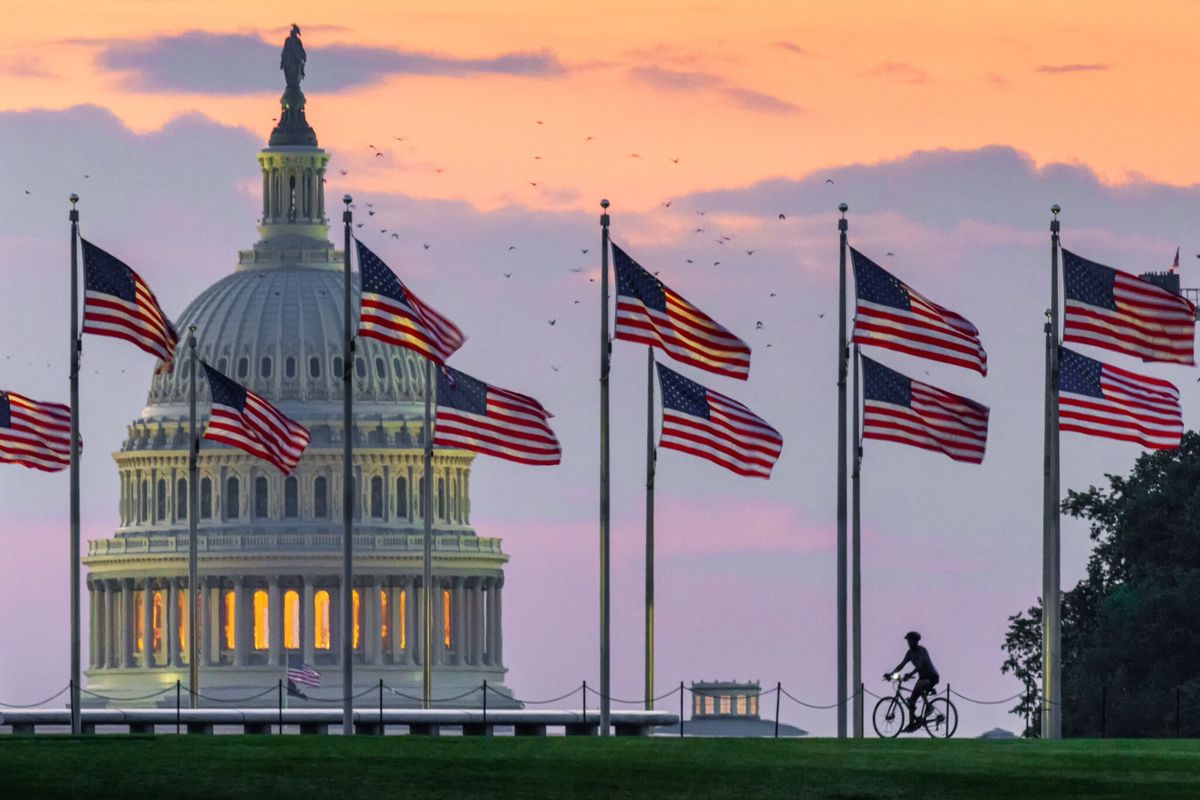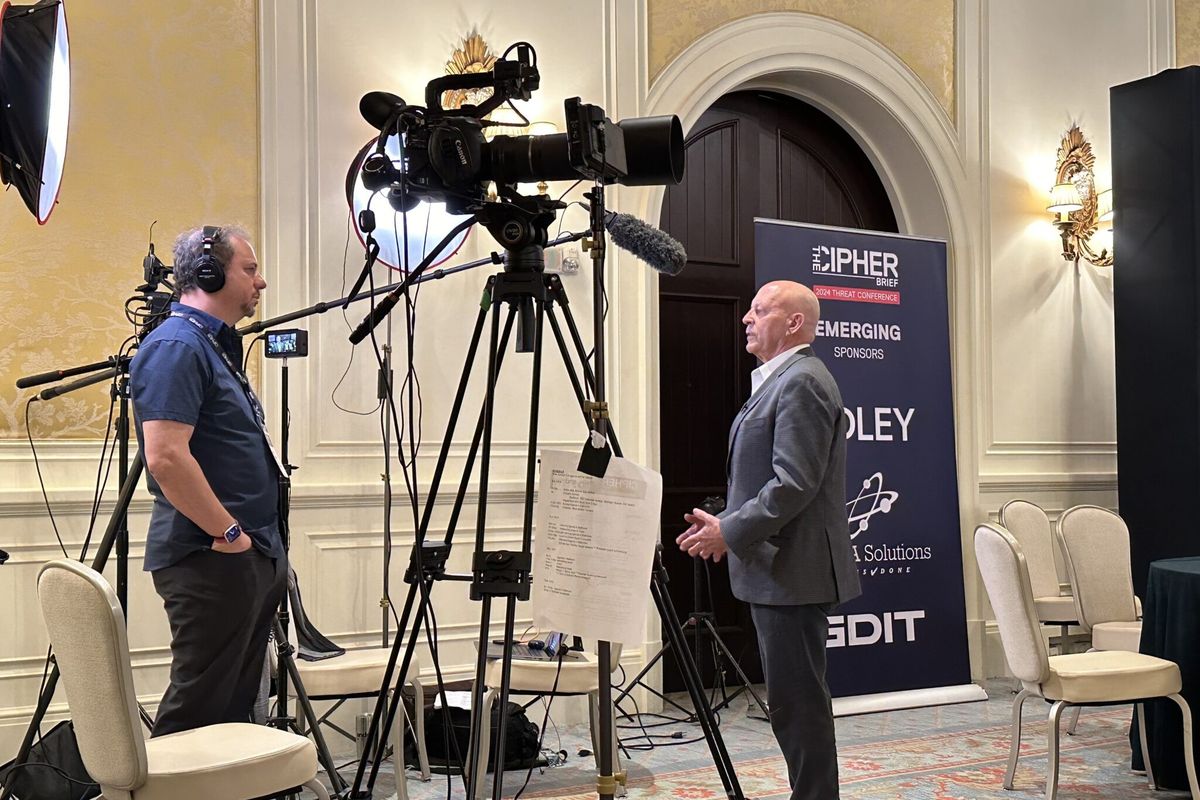Now that the dust has settled on President Obama’s unexpected decision to, his last week in office, commute the sentence of Chelsea Manning, it’s worth revisiting what it might mean for U.S. national security.
The decision surprised everyone. Left wing, right wing, everyone was left scratching their heads as to why and, why now? There was a collective groan from the Intelligence Community, men and women whose jobs were made a lot more difficult because of Wikileaks.
Manning had been sentenced in 2013 to 35 years in prison for leaking hundreds of thousands of pages of classified documents to the nefarious website, Wikileaks. At news of Manning’s impending release, Wikileaks declared “Victory!” in Tweet blasts across the world. The next wave of head shaking in the IC will probably be when Chelsea receives a hero’s welcome upon leaving jail, is fêted by the left, signs book and movie deals, and turns up on talk shows and news programs.
Manning’s actions were not a quick, one-time moment of weakness, or hitting the “wrong” button without much forethought. Her espionage was a methodical, extensive, and carefully coordinated effort to repeatedly violate espionage laws, secrecy agreements, U.S. law, and her oath of office. Manning betrayed her country and significantly damaged U.S. prestige and national security. Now, she’s been reinvented and even praised in some quarters as a conscientious whistleblower?
Manning committed one of the biggest leaks of secrets in U.S. history. And, unlike enormously damaging Russian spies like Rick Ames, James Nicholson, or Robert Hanssen, Chelsea Manning’s leaks were perhaps the most broadly damaging leaks I saw in years of government service because they involved not one, but dozens of different countries, hundreds individuals who had their names published, and hundreds of thousands of pages of documents.
Manning’s leaks endangered U.S. Service members, CIA assets, covert action programs, and a host of people who cooperated with the U.S. only under the assurance of security and discretion. Questioned on the commutation of Manning’s sentence the next day at his last news conference, President Obama simply commented that he felt Manning’s sentence was overly long, that she had already served hard time, and that in the end, “justice has been served.” Many pundits opined that heavy lobbying from the LGTBQ community for Manning’s early release had influenced President Obama. The LGTBQ community had rallied around Manning when she underwent a gender transition in U.S. federal prison. Manning’s defense lawyer was giddy at the news of the commutation and happily noted, “It gives the message that we will value the people who bring important information into the public domain…. She was trying to do what’s right…”
Vice President Mike Pence succinctly commented, “Manning is a traitor and should not have been turned into a martyr.” I think Vice President Pence has it right.
The biggest damage to the U.S. and U.S. national security is one that has hardly been mentioned in the press because it’s so hard to measure the damage: How many people in the world who might have cooperated with the U.S., knowing that their identity and the relationship would be kept secret, now won’t because they are concerned the U.S. won’t be able to keep their secret? If you were putting your reputation, or your life on the line, would you feel confident that your secrets were safe with the U.S. government?
The 35-year sentence Manning had received went some ways toward repairing the damage she had caused by sending the clear and unambiguous message that we take leaks very seriously in this country. It no doubt sent a chill down the spine of other would-be leakers of classified information. Unfortunately, the President unilaterally cutting that sentence by 80 percent sends just the opposite message and it makes the jobs of our diplomats, warriors, and spies more difficult than ever. If I were a foreigner somewhere thinking of helping the local U.S. Embassy, or if I were thinking of helping the U.S. Military, or maybe even contemplating spying for the CIA, grave concerns that the U.S. might not be able to keep a secret would make me think twice about my decision.
On a final, sober note, if we start to see leakers as good people just doing their civic duty…if we start to equate the violation of espionage laws with whistle blowing, then we’ve jumped the shark as a country and we’ve confused bad motives with good motives.
Manning was not an idealistic whistle blower with honorable intent, or good motives. She was a criminal with bad motives. Soon, she will be released from jail and upon her release, some will give her a hero’s welcome - but not me.













